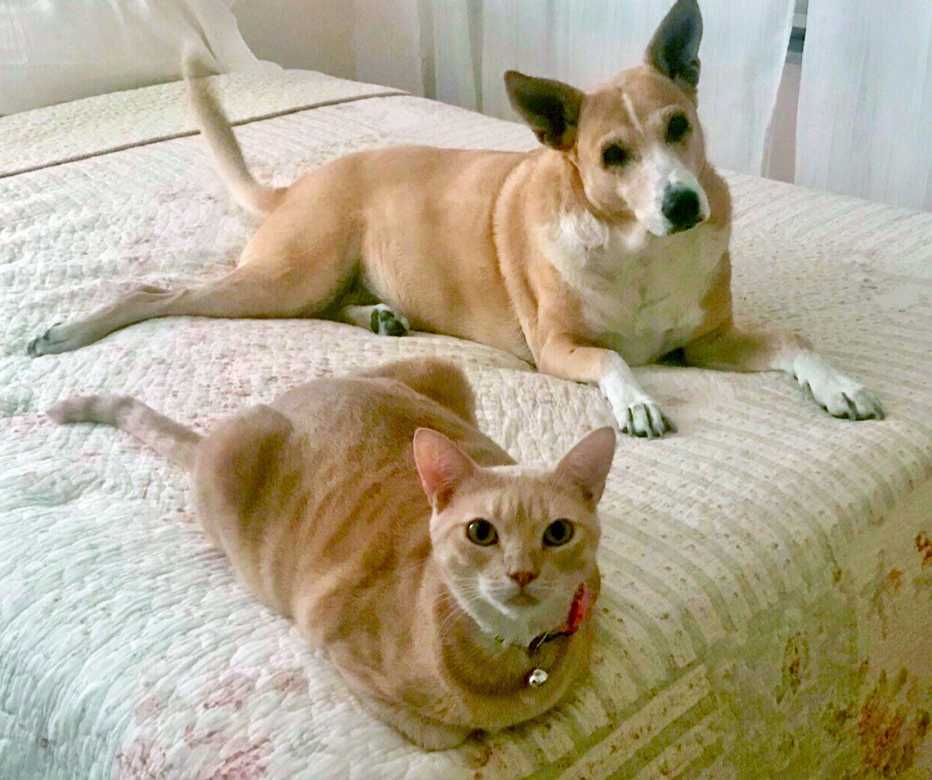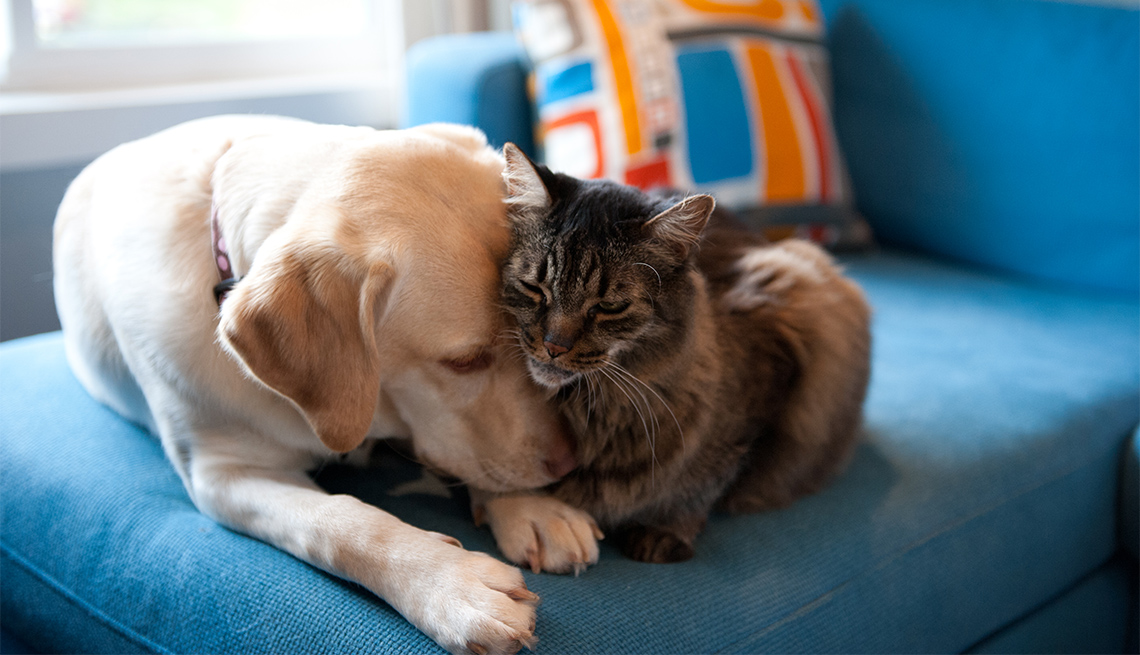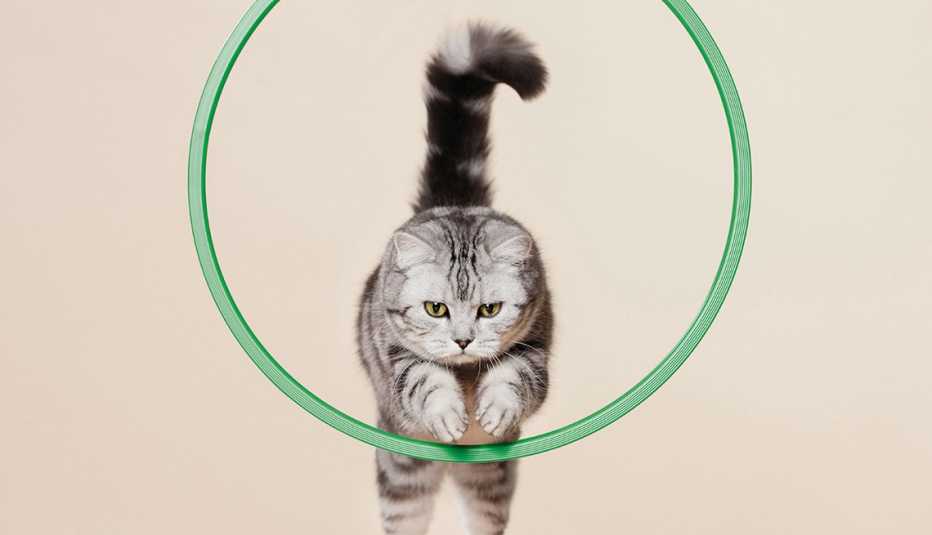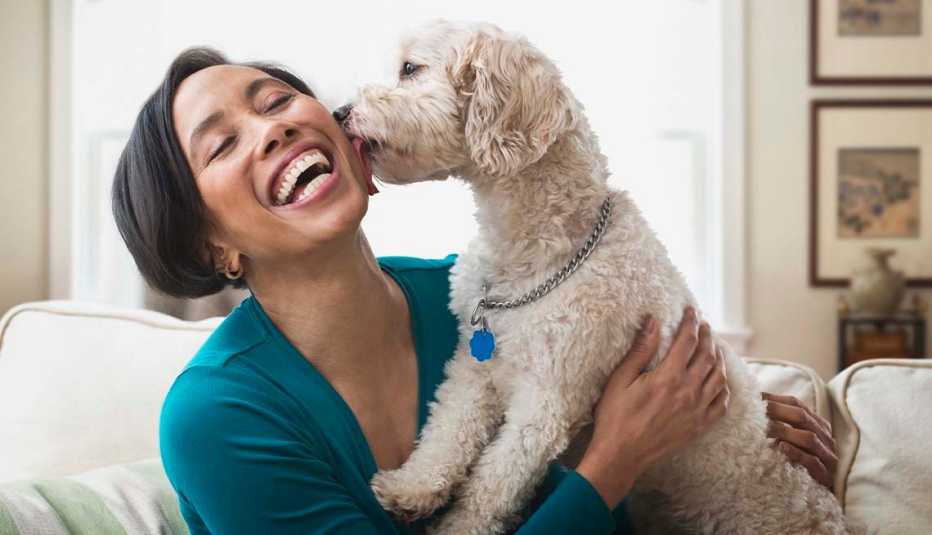AARP Hearing Center
As soon as Lois Whelan heard about a COVID-19 vaccine making the rounds for animals, she decided she would inoculate her dog and cat if given the opportunity. But the 71-year-old Fort Lauderdale, Florida, resident may have to wait awhile. Scientists are just starting to test an experimental COVID-19 vaccine on zoo animals, such as tigers, bears, gorillas and ferrets.
Studies have shown that humans can pass the coronavirus to their cats and dogs, and zoo animals are also at risk of catching the virus. Epidemiologists and public health officials worry that some animal species could foster the disease and allow it to mutate.
Whelan thinks that a pet vaccination could be important, despite the small likelihood that her dog and cat will get COVID-19. “But what if?” she asks.
Lions and tigers and bears get shots
This summer some zoos have begun vaccinating animals with an experimental dose created solely for critters. Veterinary pharmaceutical company Zoetis is donating more than 11,000 doses of an experimental COVID-19 vaccine for animals to nearly 70 zoos, as well as sanctuaries, universities and conservation programs throughout 27 states. The goal is to protect susceptible species from sickness and death, according to the company.
At the Bronx Zoo, in New York, lions and tigers contracted COVID-19 in April 2020, followed by a troop of critically endangered western lowland gorillas, who received supportive care at the San Diego Zoo Safari Park in early 2021. In June two lions died at a zoo in India after testing positive for COVID-19.
"Zoos, these days, harbor some animals that are highly endangered in their natural environment...,” says Dorothee Bienzle, veterinarian and immunologist at the Ontario Veterinary College at the University of Guelph in Canada. “We really can't afford to lose any more of them."
California's Oakland Zoo has vaccinated about 50 animals already, starting with bears, mountain lions, tigers and ferrets. The San Diego Zoo kicked off its vaccination campaign with nine great apes, and the Denver Zoo began with gorillas and big cats.
One-way transmission
Scientists have found that COVID-19 can be transmitted from humans to dogs and cats, but it's less likely for it to be transmitted from pets to humans.


Bienzle recently completed a study of cats and dogs living in households with humans who contracted COVID-19. More cats tested positive (67 percent) than dogs (43 percent). The cats spent more time with their owners, especially sleeping in bed with them, increasing the possibility of infection; this was not true of the dogs. “Dogs have a high risk but not as high as cats,” Bienzle adds.
Felines have receptors similar to humans that allow the coronavirus to attach and infect, explains Will Sander, DVM, assistant professor of preventive medicine and public health at the College of Veterinary Medicine at the University of Illinois at Urbana-Champaign. While the majority of infected cats have shown mild symptoms, such as coughing, sneezing or stomach upset, some studies have found severe symptoms — including one feline in the United Kingdom that had to be euthanized.






































































